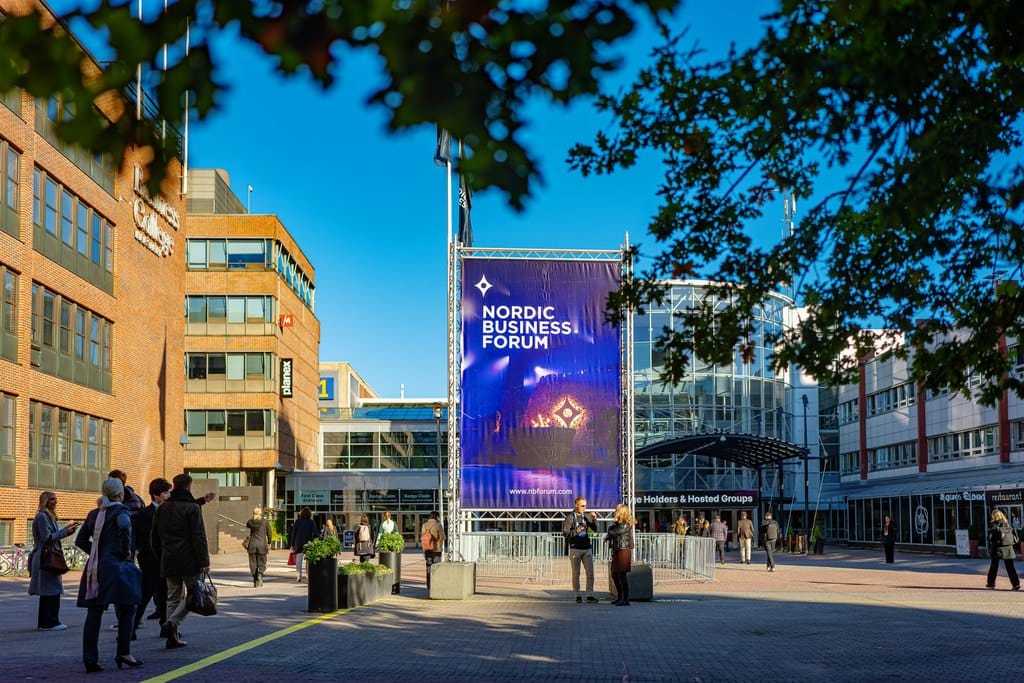By Dr. Demetris Kamaras*
“We live in an age of constant input. Music plays in our ears. Podcasts stream without pause. News updates arrive minute by minute. The scroll never stops. From the moment we wake until the moment we sleep, we are listening—to everything and everyone but ourselves.”
“But if we never pause to listen to our own mind, how will we know what is there? How will we recognize the clutter that needs to be cleared, the unresolved emotional experiences waiting to be addressed, or the patterns that must be adjusted in the subconscious?”
This is the intro in a recent message by Dandapani to his subscribers. Dandapani is a Hindu priest, entrepreneur, and former monk of ten years. His book, ‘The Power of Unwavering Focus’ (Penguin Random House), has been translated into 23 languages. Despite one’s religious inclinations, his thoughts have an undisputed quality and the ability to cut through the hype that dictates our daily lives.
Dealing with “constant input” is a challenge for our mind and our intellectual mechanisms. More and more we observe that our knowledge (and thus perception) of the world around us remains on the surface. Nowadays, despite the abundance of the internet space, it seems that we know less of the deep roots of problems or the interconnections of various interests that fuel developments at a local, regional and international level.
One of our intellectual failures is our weakness to stay away from the superfluous of information stimuli we receive from the media flows. The reason is simple: Tik Tok, Instagram, Google and other media platforms are very powerful, and their algorithms make sure we are receiving our daily fix, depending on our preferences, the spontaneous research we’ve done online or – some say – the casual discussions we have amongst friends and family.
A few decades ago, in the beginning of the online world we used to argue that people were acquiring more power because they had the ability to freely navigate through a variety of sources and content and make up their minds about their usefulness and credibility. When the social media/networks came we had the opportunity to have our say in a vast digital world, posting and communicating our thoughts, creating online communities that shared common beliefs and values. In the last decade or so, however, it was time for the tach conglomerates to claim back their power attempting to hijack our online choices and dictate our experiences.
One of the main conclusions drawn here is that we all need to do more about ourselves. The ways to do that is a big discussion that involves all, across generations and paths of life.
Photo: Cottonbro studio, pexels.com
* Dr. Demetris Kamaras is Associate Faculty member of the Communication Department, ACG Deree, Athens.



